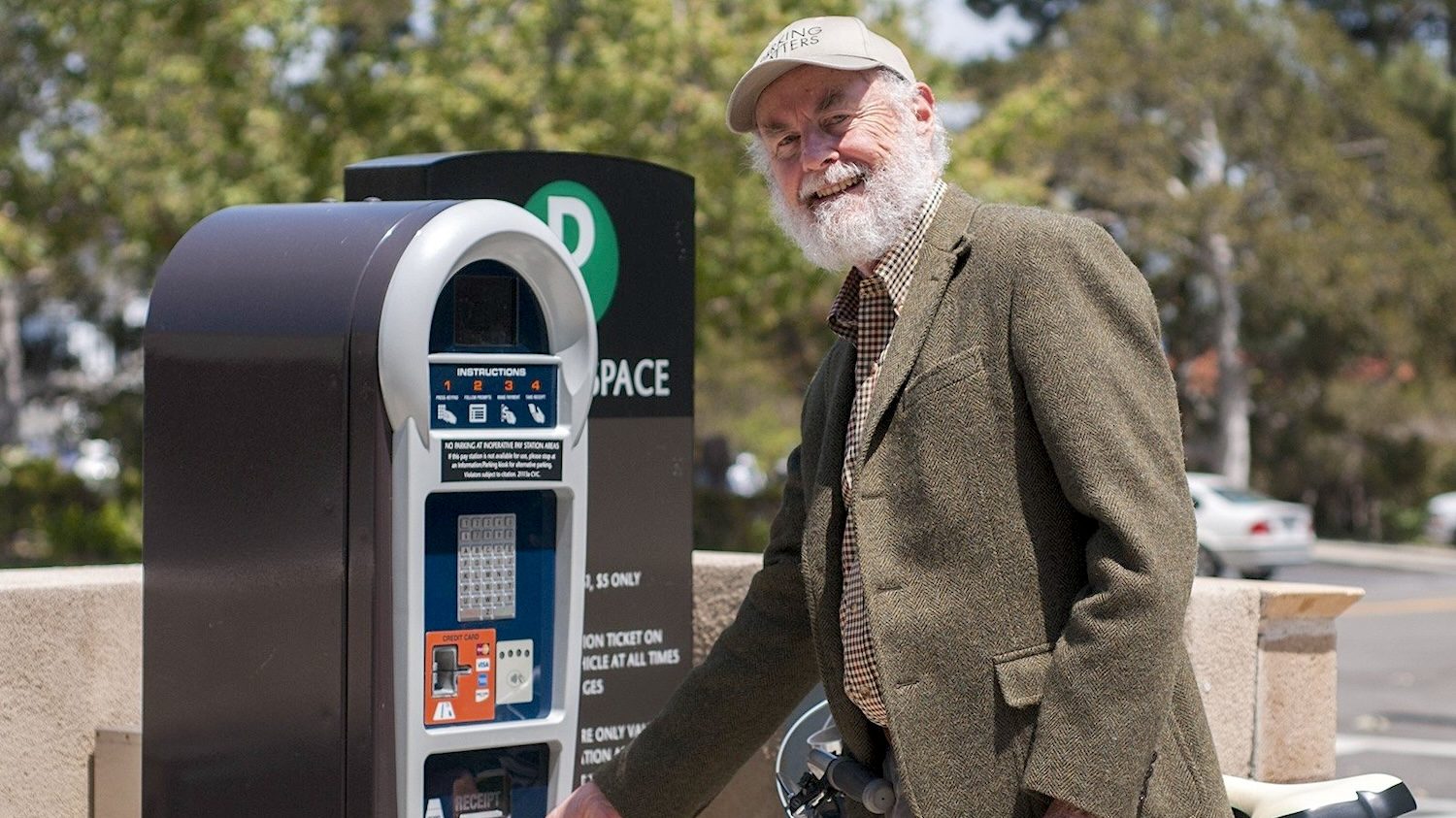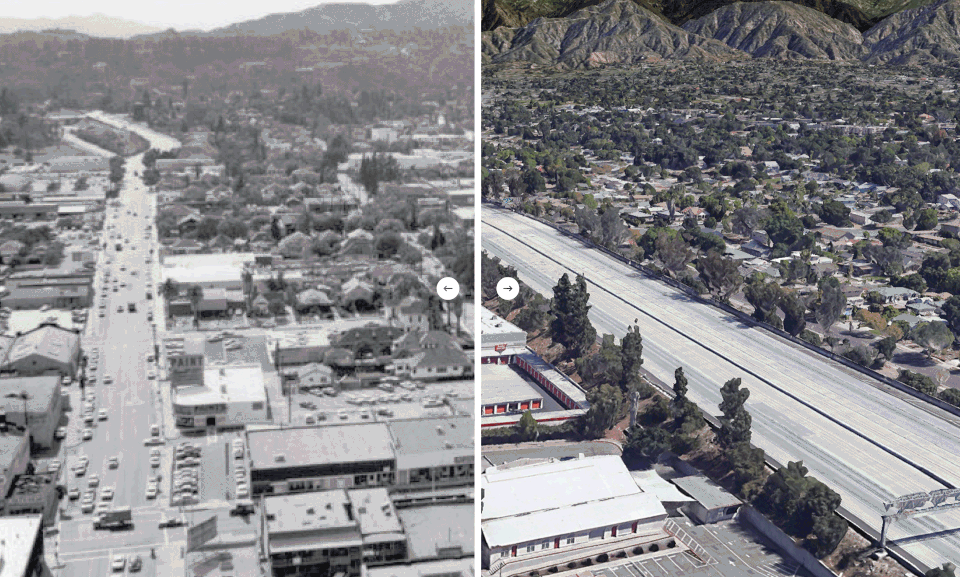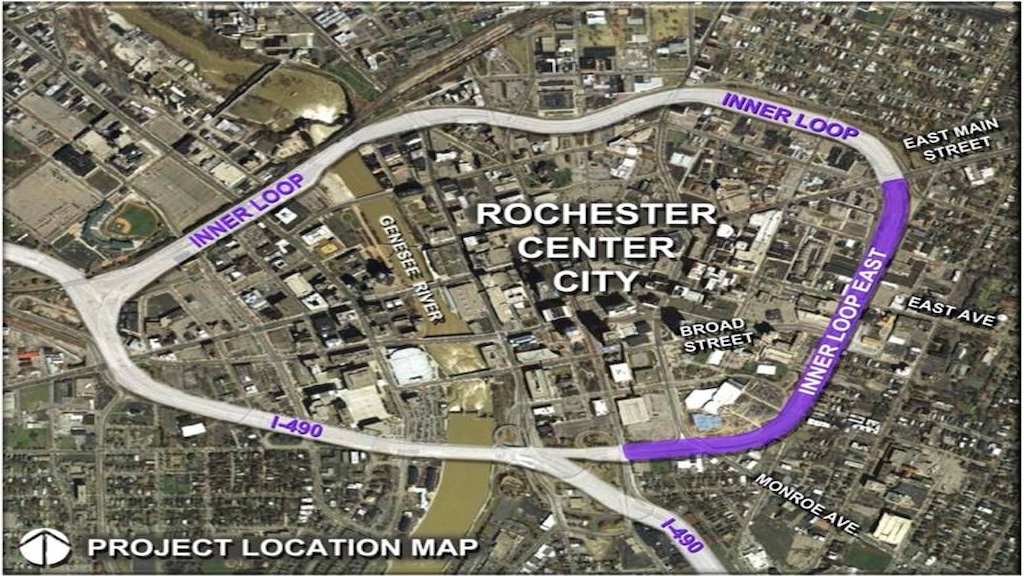PSR Research: Can California meet its carbon emissions goals?

By 2050, California must reduce its carbon emissions by 80% or greater in order to meet its climate goals. Is this realistic? In “California Climate Change Target Setting: A Workshop Report and Recommendations to the State of California Based on the Third California Climate Policy Modeling Dialogue and Workshop,” Austin Brown, Lew Fulton, and Rosa Dominguez-Faus summarize findings from the third Climate Change Policy Modeling workshop held at UC Davis in the spring of 2018, where modelers, policymakers and stakeholders took a look at each of the state’s energy sectors — transportation, electricity, and buildings and industry — and assessed the likelihood of these sectors hitting their emissions targets.
In the transportation sector, the modelers expressed optimism about reaching specific targets by 2030, with the major caveat that consumers must start buying lots of zero-emissions vehicles. (By 2030, 40% or more of car sales will need to be ZEV’s to achieve the current goals.) In electricity, the lower bounds of the targets were seen as reasonable, but a completely renewable electric future appeared to be out of reach. Finally, in the building and industrial sector, the path toward decarbonization by 2050 (save for challenging structures like oil refineries) is clear.
With these favorable findings, the authors hope to encourage the state and policymakers to adopt even more ambitious targets such as moving toward 80% reduction in greenhouse gas emissions by 2040.
This research was supported by the Pacific Southwest Region University Transportation Center, the Region 9 University Transportation Center funded under the U.S. Department of Transportation’s University Transportation Centers Program. Established in 2016, the Pacific Southwest Region UTC is led by the University of Southern California and includes seven partners: Long Beach State University; UC Davis; UC Irvine; UCLA; University of Hawaii; Northern Arizona University; Pima Community College.
PSR conducts an integrated, multidisciplinary program of research, education and technology transfer aimed at improving the mobility of people and goods throughout the region. Its program is organized around four themes: 1) technology to address transportation problems and improve mobility; 2) improving mobility for vulnerable populations; 3) improving resilience and protecting the environment; and 4) managing mobility in high growth areas.



